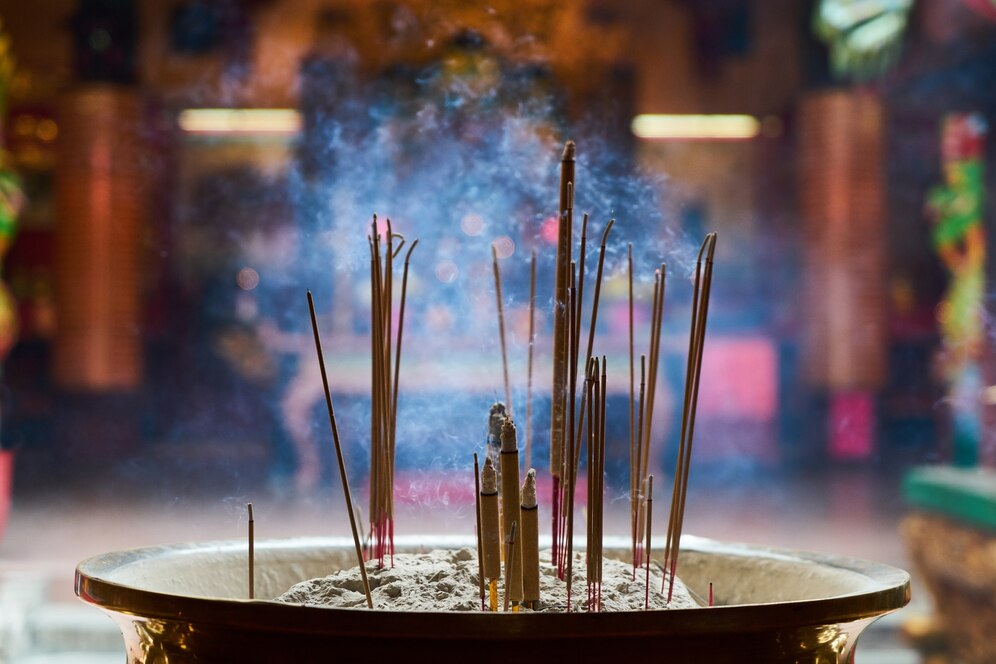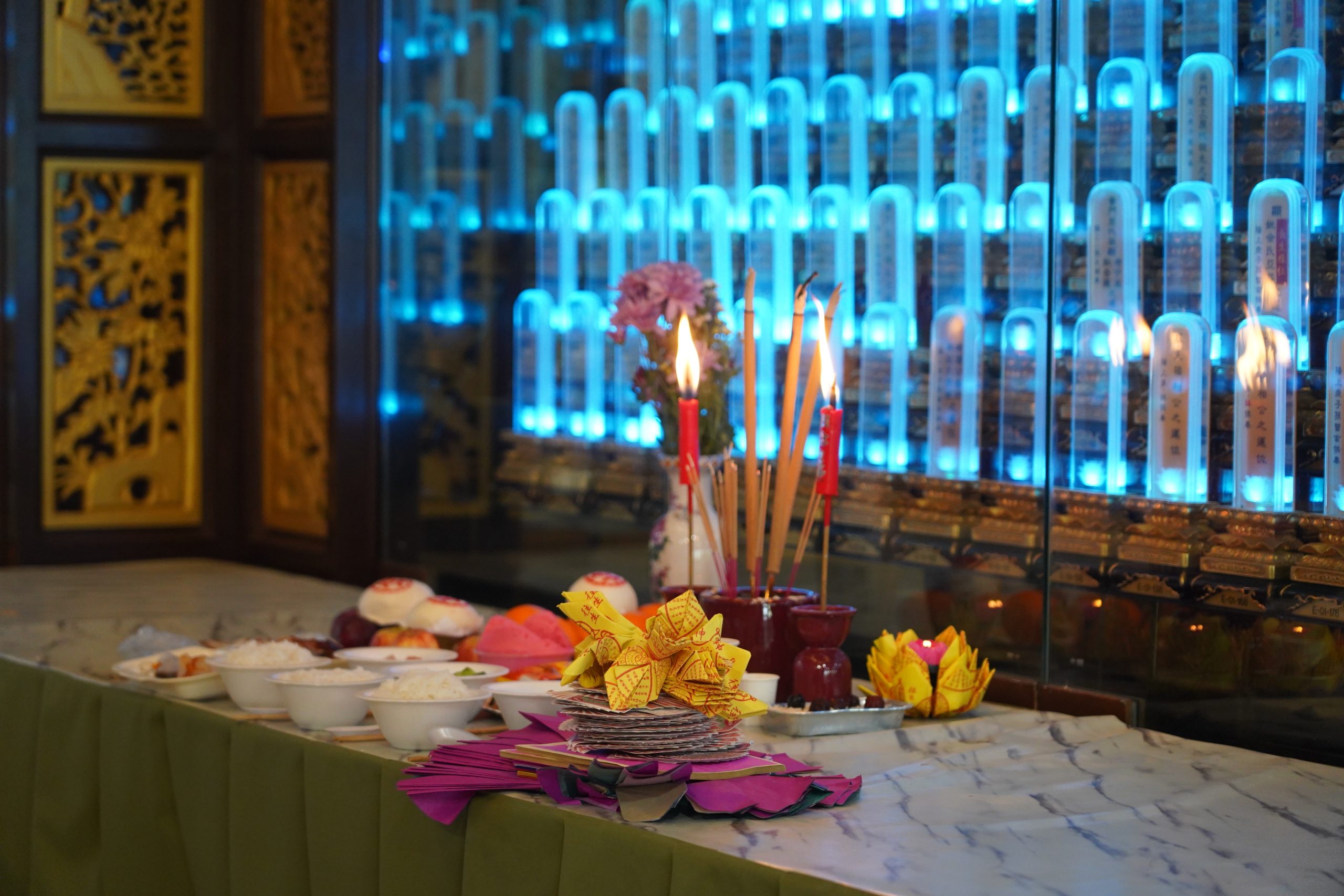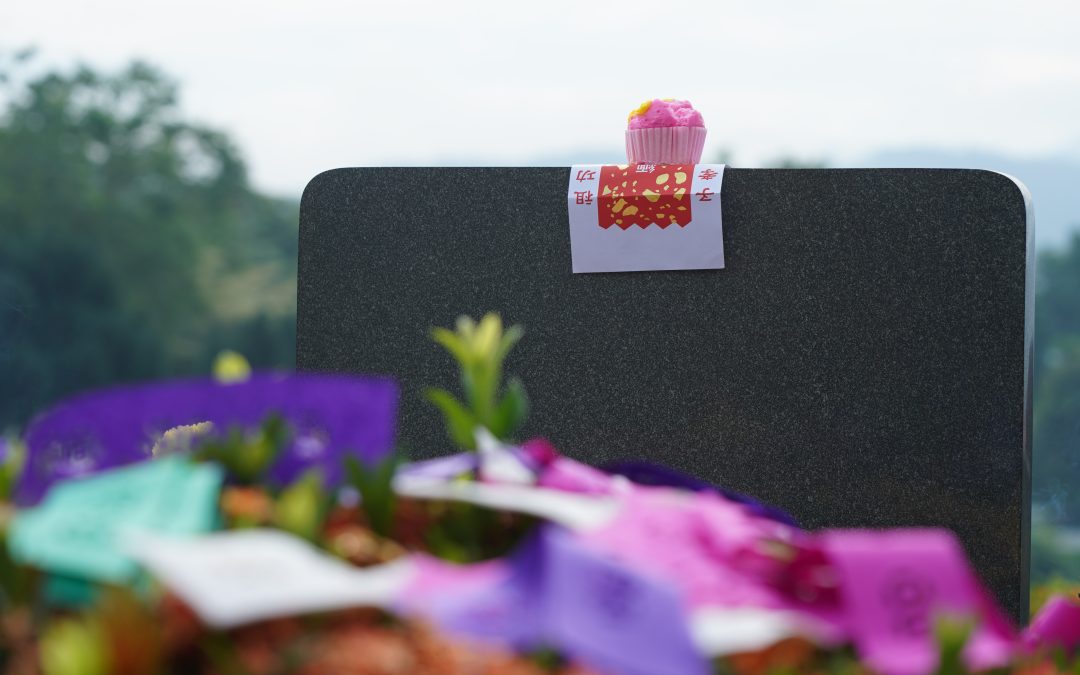As Qing Ming Festival draws closer, have you already made plans with your family for tomb-sweeping rites? Like all traditional Chinese festivals, Qing Ming Festival comes with its own set of customs and taboos. These might include not calling out the names of the living in the cemetery, married daughters not returning to their maiden homes for tomb-sweeping rites, or certain zodiac signs needing to avoid participating. Another tradition related to the Qing Ming Festival is “Early Qing Ming,” which is more of a guideline than a taboo.

“Early Qing Ming” is a simplified term that refers to the practice of visiting and performing tomb-sweeping rites before the actual Qing Ming Festival. Traditionally, there is a saying that states, “New tombs shouldn’t wait until the day to honour the Earth deity.” This belief is documented in the “Shinan Prefecture Chorography,” a Qing dynasty text that records over 31 volumes of information relating to astronomy, geography, customs, military, art, literature, and traditions. It states, “For newly buried tombs, offerings must be made before the day to honour the Earth deity, and all male and female family members, including relatives, should participate.” Deceased individuals within three years are considered “new tombs,” and their descendants should visit the tombs before Qing Ming Festival for the first three years. “Before the day to honour the Earth deity” means not exceeding the Spring Earth Deity Worship Festival, which is the traditional day for worshipping the Earth deity for a bountiful harvest, usually the fifth Wu day after the Beginning the Spring. The Spring Earth Deity Worship Festival falls on the 21st day of the second lunar month this year, which is March 20th on the Gregorian calendar.

The reasoning behind “Early Qing Ming” can be understood from two perspectives. In ancient folk beliefs that predates Buddhism and Taoism, the Chinese believed people transition to spirit form upon death.
Many believed “Early Qing Ming” is a special privilege granted by the Lord of the Netherworld to new spirits, allowing them to enjoy the offerings of filial descendants earlier without having to compete with older spirits. Therefore, descendants can perform ancestral worship earlier without waiting for the arrival of Qing Ming Festival.
The other reasoning is more rational and practical in nature. Qing Ming is one of the 24 solar terms of the traditional Chinese lunisolar calendar. Because we don’t experience the four seasons in Malaysia, we don’t feel any major changes in the transitioning of solar terms. In China however, the Qing Ming Festival is also called the Spring Outing Festival—a time when families enjoy outdoor activities and picnics while also visiting ancestral tombs. Traditionally, the Qing Ming Festival is not meant to be a sorrowful day, but rather a time for family bonding and remembrance.
Nevertheless, for those who have lost a loved one within the past three years, the grieving family members are still in mourning and may not share the more light-hearted sentiments and jovial mood of others coming to perform tomb-sweeping rites. By observing “Early Qing Ming,” bereaved families can visit the tombs earlier and mourn privately without being surrounded by the lively atmosphere of others enjoying their spring outings. From this perspective, this tradition shows consideration for the emotions of mourning families.
In the past, the definition of a new tomb was three years because mourning lasted three years. Nowadays, the three-year mourning period is rarely observed anymore, so many service providers instruct families to perform “Early Qing Ming” only in the first year. This is a result of social changes adapting to modern rhythms.
Thus, is the significance of “Early Qing Ming” to allow new spirits to enjoy offerings sooner or to let mourning families avoid noisy crowds? Beliefs are free, and traditions are merely guidelines. Whether or not to follow the “Early Qing Ming” rule should be up to the families involved. Filial piety and remembrance of loved ones are not bound by specific days; besides Qing Ming and Chong Yang Festivals, you can visit the tombs and pay respects to your ancestors anytime.

Who should pre-plan?
Who should pre-plan? There are people in their 20’s and 30’s considering pre-planning, while there are people in their 40’s and 50’s who may think it’s too early to even think about it. Majority are likely to hold the perception that those in their senior years...
How does pre-planning work?
Pre-planning can be thought of as a preparation strategy of everything connected to your funeral in and pre-paying for it in advance as a pre-need funeral contract
Preparation or taboo?
pre-planning is done out of consideration and care for loved ones and is considered a prudent exercise rooted in logic and economic sensibilities
What is pre-planning?
…pre-planning (sometimes also called “pre-arrangement”, “pre-arrangement planning” or “pre-need planning”) means setting up your funeral…
Pre-planning
Pre-planning We prepare for almost everything in life. To cover for the possibility of accidents and sickness, we have insurance. To get married, couples spend months to years to ensure everything goes right. To safeguard our children’s future education, we...






















